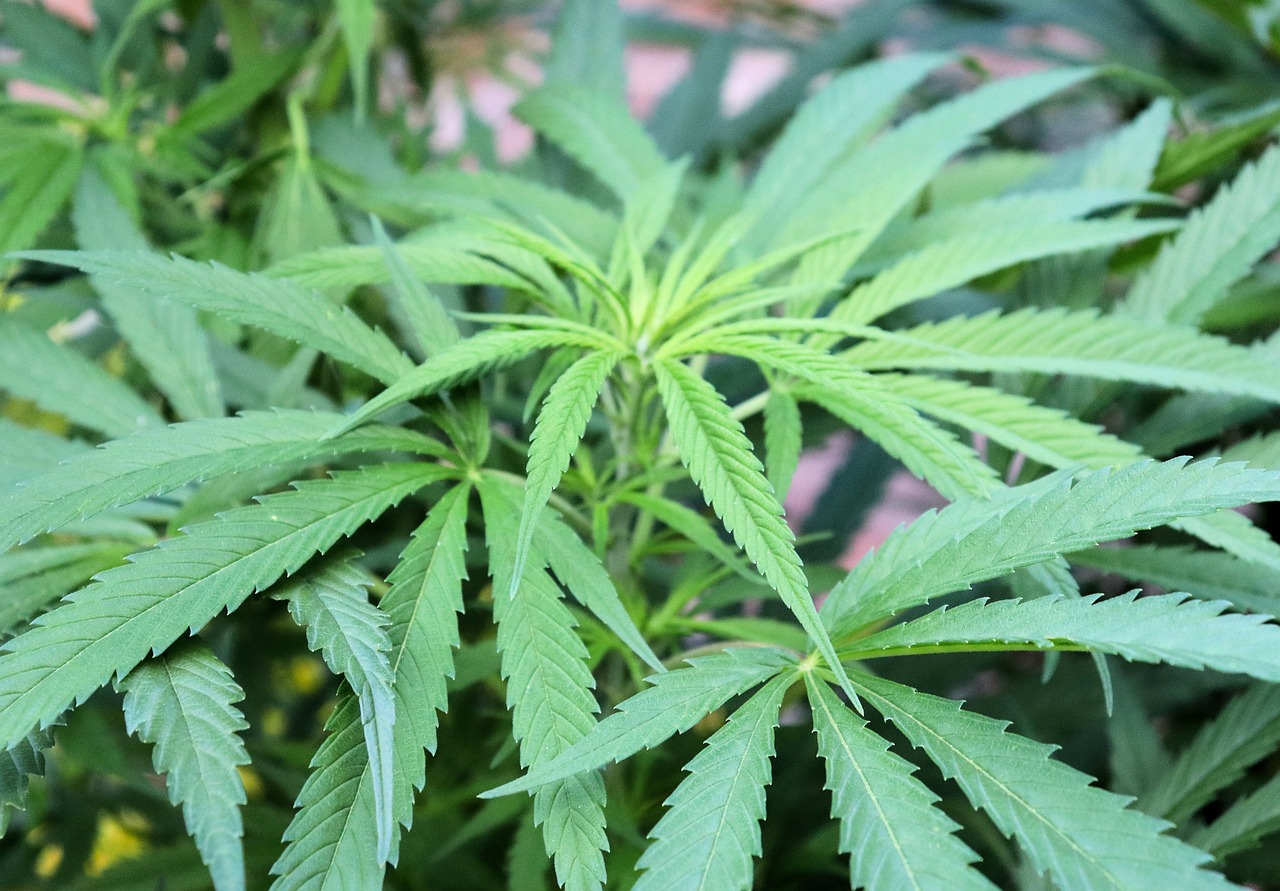In recent years, the interest in natural remedies for health and wellness has surged. Among these, THCA flower has emerged as a promising option for those seeking relief from various ailments. This article explores the benefits, uses, and scientific backing of THCA flower, providing a comprehensive guide for those interested in this natural remedy.
Understanding THCA: The Basics
THCA, or tetrahydrocannabinolic acid, is a non-psychoactive cannabinoid found in raw cannabis plants. Unlike THC, which is known for its psychoactive effects, THCA flower for harmony does not produce a “high.” This makes it an attractive option for individuals seeking the therapeutic benefits of cannabis without the mind-altering effects.
How THCA Works
THCA interacts with the body’s endocannabinoid system, which plays a crucial role in maintaining homeostasis. By binding to specific receptors, THCA can influence various physiological processes, potentially offering relief from inflammation, pain, and other conditions.
Benefits of THCA Flower
Research and anecdotal evidence suggest several potential benefits of THCA flower:
- Anti-inflammatory Properties: THCA has shown promise in reducing inflammation, which can be beneficial for conditions like arthritis and inflammatory bowel disease.
- Pain Relief: Many users report a reduction in pain symptoms, making it a potential alternative to traditional pain medications.
- Neuroprotective Effects: Preliminary studies indicate that THCA may help protect brain cells, offering potential benefits for neurodegenerative diseases.
- Anti-nausea and Appetite Stimulation: THCA may help alleviate nausea and stimulate appetite, which can be particularly helpful for individuals undergoing chemotherapy.
Scientific Studies and Evidence
While research on THCA is still in its early stages, several studies have highlighted its potential therapeutic effects. A study published in the “British Journal of Pharmacology” found that THCA exhibited anti-inflammatory properties in animal models. Another study in “Phytomedicine” suggested that THCA could have neuroprotective effects, potentially benefiting conditions like Alzheimer’s disease.
Case Studies and Real-Life Examples
Many individuals have shared their experiences with THCA flower, reporting significant improvements in their symptoms. For instance, a patient with rheumatoid arthritis noted a marked reduction in joint pain and swelling after incorporating THCA into their regimen. Similarly, a cancer patient undergoing chemotherapy found relief from nausea and an increased appetite, improving their overall quality of life.
How to Use THCA Flower
THCA flower can be consumed in various ways, each offering unique benefits:
- Raw Consumption: Consuming raw cannabis leaves or flowers in smoothies or salads preserves the THCA content, providing its benefits without psychoactive effects.
- Juicing: Juicing raw cannabis is a popular method to intake THCA, allowing for easy absorption and maximum benefits.
- Tinctures and Oils: These products offer a convenient way to consume THCA, with precise dosing and easy administration.
Legal Considerations
The legal status of THCA flower varies by region. In some areas, it is considered legal due to its non-psychoactive nature, while in others, it may fall under broader cannabis regulations. It’s important to research local laws and regulations before purchasing or using THCA products.
Potential Side Effects and Precautions
While THCA is generally considered safe, some individuals may experience mild side effects such as dry mouth or dizziness. It’s advisable to start with a low dose and gradually increase as needed. Consulting with a healthcare professional before starting any new supplement is always recommended, especially for those with pre-existing health conditions or those taking other medications.
Conclusion
THCA flower presents a promising natural remedy for those seeking relief from various health conditions. With its potential anti-inflammatory, pain-relieving, and neuroprotective properties, it offers a viable alternative to traditional medications. As research continues to unfold, THCA may become an increasingly popular choice for individuals looking to harness the therapeutic benefits of cannabis without the psychoactive effects. As always, staying informed and consulting with healthcare professionals can help ensure safe and effective use.
